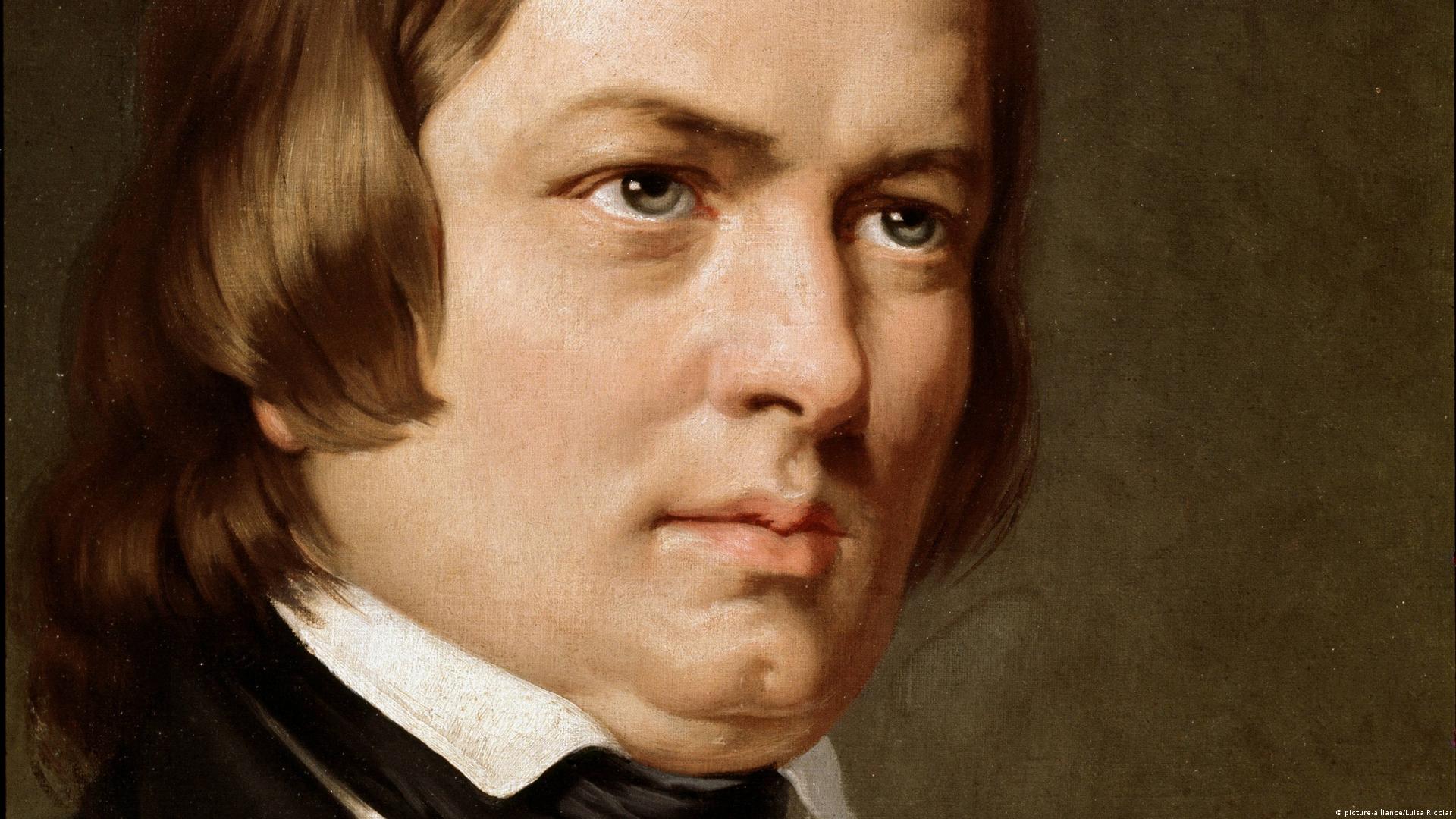Robert Schumann, a renowned German composer, left an indelible mark on the world of classical music with his exceptional talent and innovative compositions. Throughout his career, Schumann displayed profound emotional depth and a unique musical voice, capturing the essence of the Romantic era. In this blog post, we delve into the captivating world of Schumann’s music and present to you the 10 best compositions that highlight his brilliance and artistic vision.
- Symphony No. 4 in D minor: Schumann’s Symphony No. 4 showcases his mastery of orchestration and emotional intensity. From the grandeur of the opening movement to the whimsical and lively Scherzo, this symphony is a testament to Schumann’s ability to create a vast range of moods within a single piece.
- Piano Concerto in A minor: Regarded as one of the greatest piano concertos in the Romantic repertoire, Schumann’s Piano Concerto in A minor is a virtuosic and poetic masterpiece. Its lush melodies, thrilling passages, and delicate interplay between the soloist and orchestra make it a perennial favorite among pianists and audiences alike.
- Kinderszenen (Scenes from Childhood): Kinderszenen is a collection of thirteen short piano pieces that capture the nostalgic and whimsical world of childhood. Each piece is imbued with simplicity, tenderness, and a touch of melancholy, evoking vivid memories and emotions.
- Carnaval: Carnaval is a suite of character pieces for solo piano that showcases Schumann’s imaginative storytelling. Through musical portraits of masked revelers and references to literary figures, Schumann weaves a tapestry of contrasting moods and personalities, making it a delightful and engaging musical experience.
- Dichterliebe (A Poet’s Love): Dichterliebe is a song cycle that sets the poetry of Heinrich Heine to music. Schumann’s profound understanding of the text is evident in his ability to convey the complex emotions of love, longing, and loss. The cycle stands as a pinnacle of the German lieder tradition.
- Fantasiestücke (Fantasy Pieces): Comprising eight character pieces for piano, Fantasiestücke showcases Schumann’s talent for crafting deeply expressive and introspective music. Each piece explores a distinct mood, ranging from tender introspection to fiery passion, displaying Schumann’s mastery of piano writing.
- String Quartet No. 1 in A minor: Schumann’s String Quartet No. 1 displays his mastery of chamber music. This introspective work combines poignant lyricism with dramatic intensity, offering a rich tapestry of musical ideas and emotional depth.
- Kreisleriana: Kreisleriana is a set of eight pieces for solo piano, characterized by its contrasting moods and shifting musical landscapes. Schumann’s use of intricate harmonies and rhythmic complexities creates a sense of improvisation and emotional turmoil, captivating listeners from start to finish.
- Symphony No. 3 in E-flat major, “Rhenish”: Inspired by the landscapes and history of the Rhineland, Schumann’s Symphony No. 3, “Rhenish,” is a vibrant and evocative work. Its majestic opening movement and exuberant finale, combined with the incorporation of solemn chorales, make it a true symphonic gem.
- Piano Quintet in E-flat major: Considered one of Schumann’s greatest chamber music works, the Piano Quintet in E-flat major is a tour de force of collaboration between piano and string quartet. It showcases Schumann’s ability to blend individual voices into a harmonious whole, offering a profound musical journey.
Conclusion:
Robert Schumann’s compositions are a treasure trove of emotional depth, poetic lyricism, and expressive power. From symphonies to lieder, piano works to chamber music, his creations continue to enchant audiences around the world. The 10 compositions highlighted in this blog represent the pinnacle of Schumann’s genius and provide an excellent starting point for diving into the remarkable world of his music. Take the time to explore these masterpieces and let yourself be transported into the captivating universe of Robert Schumann.


Comments are closed